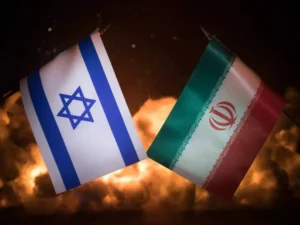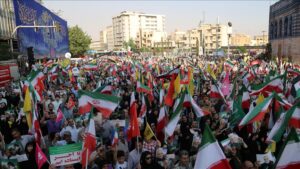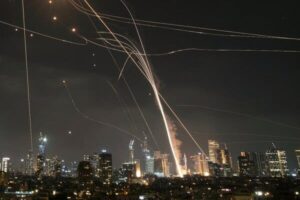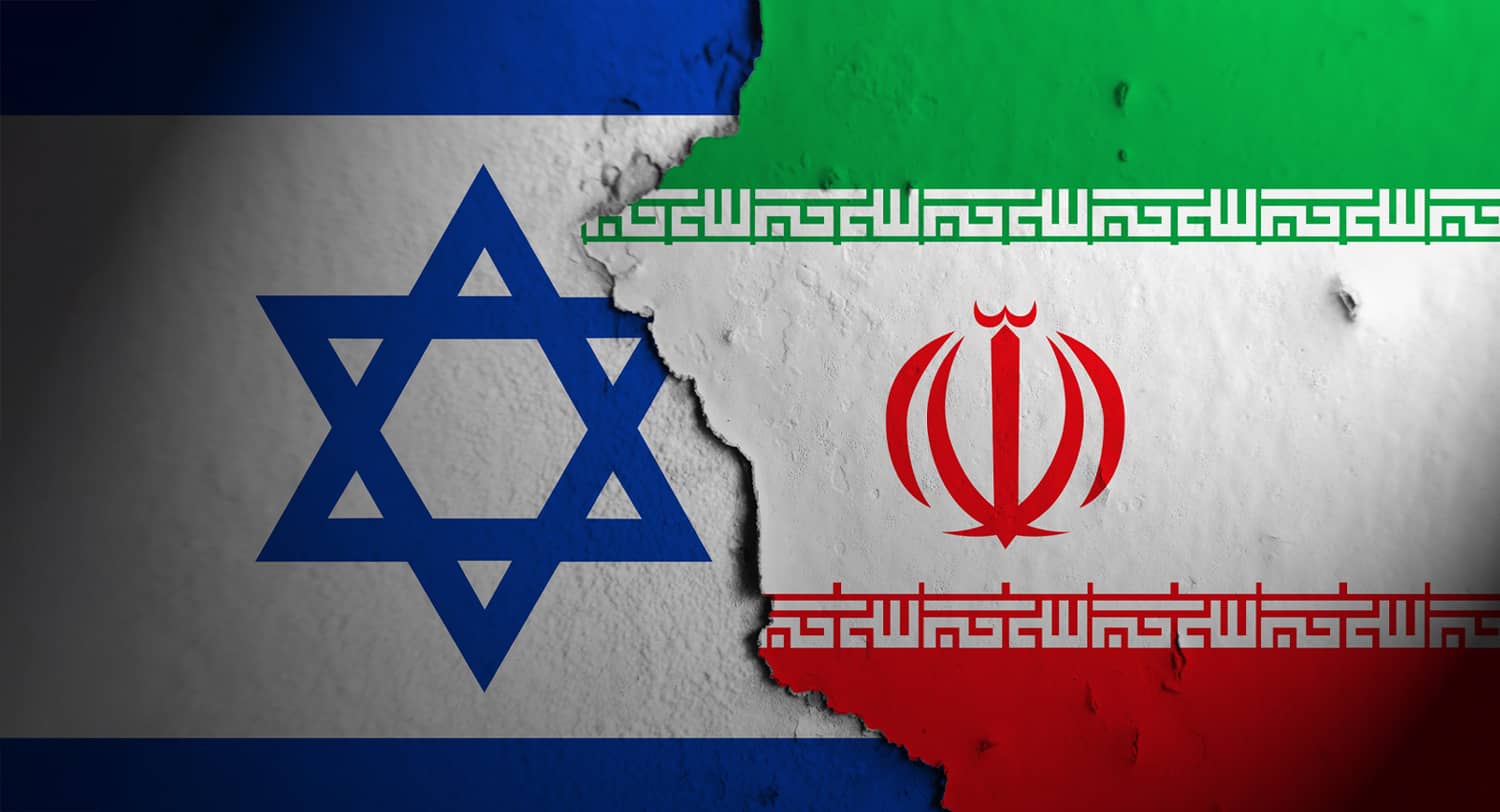As the geopolitical situation in the Middle East continues to unravel, the world watches closely as tensions between Israel and Iran erupt into open conflict. In a fast-developing series of military actions, Israel reportedly launched targeted airstrikes on Iranian military assets, a move that Israeli officials describe as a necessary response to escalating threats posed by Tehran and its allied forces across the region.
According to CNN’s live coverage, the Israeli strikes took place early Monday morning, with air raid sirens blaring across several cities. Initial reports confirmed damage to infrastructure in Tehran and Isfahan, although Iranian authorities have remained tight-lipped about the full extent of the assault.
This latest development represents a sharp intensification of a shadow war that has spanned over a decade, now breaking into overt confrontation with significant regional and global implications.

Background: Years of Silent Conflict Erupts
The Iran-Israel conflict is rooted in long-standing hostilities over nuclear ambitions, regional dominance, and proxy warfare. For years, Israel has viewed Iran’s nuclear program as an existential threat, while Iran continues to denounce Israel’s regional military actions and its relationships with Western powers.
The current flare-up traces back to a drone and missile assault launched by Iranian-backed militants from Lebanon and Syria targeting Israeli positions. While most of the projectiles were intercepted by Israel’s Iron Dome defense system, the symbolic and strategic provocation prompted Israeli leadership to act decisively.
Israeli Prime Minister Benjamin Netanyahu stated that the strikes were “defensive but necessary,” emphasizing that Israel would not tolerate attacks on its sovereignty or allow Iran to use its proxies to destabilize the region.
Details of the Airstrikes
The Israeli Defense Forces (IDF) confirmed that its fighter jets targeted what it described as “key military infrastructure belonging to the Iranian Revolutionary Guard Corps” (IRGC). Although exact coordinates and targets have not been officially disclosed, sources close to the matter suggest that radar stations, missile storage facilities, and communications centers were hit.
Iranian state media, however, claimed minimal casualties and downplayed the incident, stating that their air defense systems intercepted several incoming threats. Yet, social media posts and independent video footage reveal explosions in Tehran and fires in military zones, contradicting the official narrativeofficial narrative.
A senior U.S. intelligence source told Reuters under condition of anonymity that the strike was “surgical and limited in scale” but “meant to send a strong warning.”

International Reactions
The international community is sharply divided over the unfolding crisis.
The United States has expressed cautious support for Israel’s right to self-defense but urged both nations to de-escalate before the conflict spirals into a regional war.
“We recognize Israel’s security concerns and condemn the missile attacks by Iranian proxies, but we urge restraint from all sides. This is a dangerous moment.” — Antony Blinken, U.S. Secretary of State
Russia and China, both allies of Iran, condemned the Israeli strikes and called for an emergency meeting of the UN Security Council. Meanwhile, the European Union has appealed for “immediate cessation of hostilities.”
Saudi Arabia and other Gulf States are observing the situation closely. Though historically opposed to Iran’s regional ambitions, most Arab nations fear another large-scale conflict in the region, especially after years of fragile calm following the Abraham Accords.
Impact on Civilians and Regional Stability
In Israel, citizens in Tel Aviv and Haifa spent hours in bomb shelters as air raid sirens warned of potential retaliatory strikes. Schools were closed, and commercial flights were grounded for hours. Authorities have encouraged civilians to remain alert but assured that national defenses remain fully operational.
Iran, on the other hand, has seen major internet slowdowns in cities affected by the blasts, fueling speculation about government-imposed media blackouts. Activists have reported heavy security deployments and arrests of those trying to share video footage of the aftermath.
Beyond Israel and Iran, neighboring countries are bracing for spillover. Lebanon, already in political and economic crisis, fears becoming the next battleground if Hezbollah gets involved. Jordan has reinforced its borders, and Turkey has issued a travel advisory for the region.

Is This the Start of a Larger War?
Analysts remain divided on whether this exchange marks the beginning of a full-scale war.
Middle East expert Trita Parsi, Vice President of the Quincy Institute, warned that the current confrontation “has the potential to engulf the region if a diplomatic off-ramp is not urgently pursued.”
In contrast, Eyal Zisser, a political scientist at Tel Aviv University, stated:
“Israel’s strike was limited in scope and designed to deter further aggression. Iran understands that escalation comes at great cost.”
Still, with neither side willing to back down and public pressure mounting domestically in both nations, the prospects for peace remain uncertain.
What’s Next?
As of Tuesday morning, reports indicate a relative calm has returned, but intelligence agencies remain on high alert. Israel has not announced further military operations, but Iranian leaders have vowed a “timely and crushing response.”
The Biden administration has dispatched special envoy Brett McGurk to the region to hold talks with Israeli, Jordanian, and Qatari officials, hoping to mediate a pause in hostilities.
Meanwhile, Israel’s Knesset is set to convene in a closed-door session to assess the national security posture and determine if broader mobilization is necessary. Iran’s Supreme National Security Council also met in an emergency session, though details remain sparse.
Conclusion
The Israel-Iran conflict has crossed a new threshold. What was once a proxy war fought in the shadows has now erupted into direct confrontation with serious global implications. With nuclear tensions, oil market volatility, and humanitarian concerns on the rise, the next few days may determine whether this moment becomes a turning point for war or an opportunity for diplomacy.
Global News Avenue will continue to provide updated coverage as new informationinformation becomes available.

